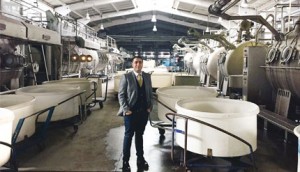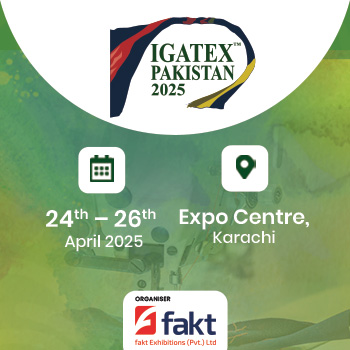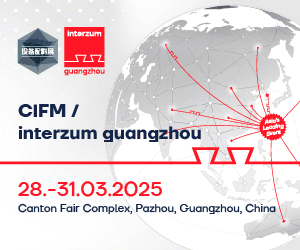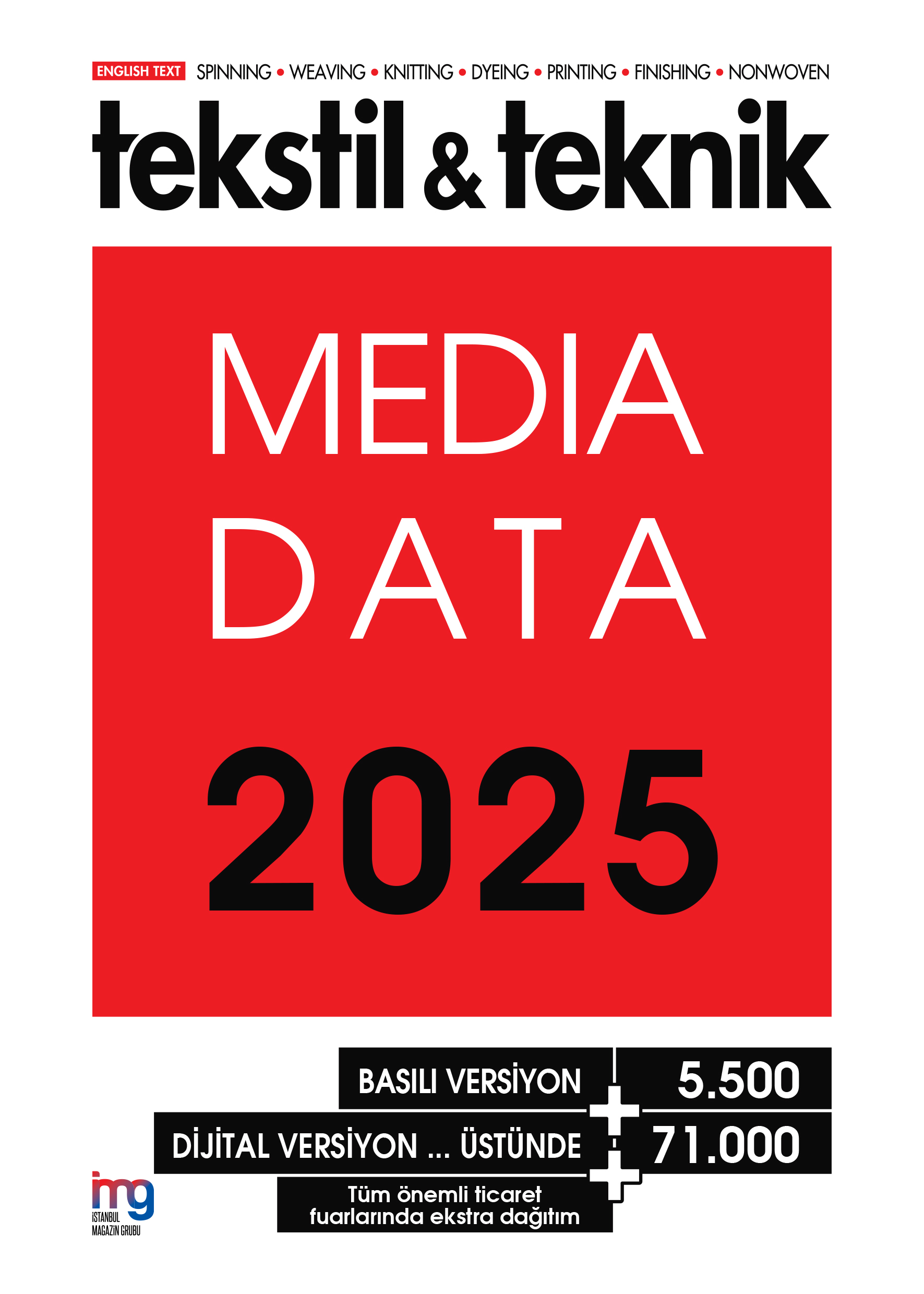 Akhan Tekstil, whose foundations were laid by Burhan Akıncı in the year 1950 in Malatya’s province Yeşilyurt and which is run by the 3rd generation today, is giving contract service for the world’s leading brands ( Armani, Gerry Weber, Tommy Hilfiger, Esprit, H&M, Süper Dry, Tımberland, Inditeks Group etc.) with an approximate 10.000 tons capacity a year in a 15.000 square meters situated in Çerkezköy Organized Industrial Zone.
Akhan Tekstil, whose foundations were laid by Burhan Akıncı in the year 1950 in Malatya’s province Yeşilyurt and which is run by the 3rd generation today, is giving contract service for the world’s leading brands ( Armani, Gerry Weber, Tommy Hilfiger, Esprit, H&M, Süper Dry, Tımberland, Inditeks Group etc.) with an approximate 10.000 tons capacity a year in a 15.000 square meters situated in Çerkezköy Organized Industrial Zone.
Having completed its modernization with an investment worth of 3.000.000 Euros in the year 2014, Akhan Tekstil offers every kind of option to its customers for service with its expert staff via the target “Quality is not controlled, it is produced” a target. Also, it started supplying dyed fabric for the domestic and foreign companies under the name of BİSATEKS. Akhan Tekstil owner Burhan Mehmet Akıncı shared his experience in the finishing sector.
What is the importance of textile finishing? What kind of value and quality does finishing process add to the product?
“We call the altogether processes of getting the fabric or yarn ready for dyeing, printing, finishing etc. as finishing. In order to ready the textile products for usage, finishing is required for every step. During the finishing process the appearance of the fabric (dye, print, polishing, lubrication), attitude of the fabric (softening, thickening, enlivening) and usage characteristics (non-shrink, non-wrinkling, nonflammable, flammability, endurance etc.) are developed. Even though finishing process is applied for every step, the majority is done in the fabric form. With the finishing process of the fabric you can enrich your presentation and get into prominence. Thanks to the finishing processes, you can have fashionable and value added fabrics.”
There is a need for machinery and chemicals for the finishing process. What are your expectations from the machine and chemical producers in this sense?
“In comparison to the other branches of the sector, textile finishing facilities based more on manpower and textile at the same time. This creates the main source for problems. While machinery producers produce their machines, they must provide us with the easy and understandable technologies that will decrease the needs of as many people as possible. They must improve their automation systems and ensure standardization in production. The state must support the local machinery producers and us in this matter. Incentives must be given. Our foreign dependency must be decreased. If we want to have a say in textile sector in the world, we are expecting them to work on minimum energy, maximum repeatability. Other side of this job is the chemical producers. We are actually part of a chain. Whatever we expect from the machinery producers, we expect the same from the chemical producers. Having perfect production lot continuity. Instead of working on the classical sense of chemicals we know, they must work on the chemicals that will save time and energy for the facilities. I believe that they should be working on chemicals with less harmful waste load, chemicals and processes that will combine the processes, chemicals that will require lower temperature etc.”
Do we have the sufficient know-how for the finishing of different fabric and yarns with desired quality? What are the conditions of finishing businesses?
“The world became globalized. This made accessing the information much easier. Working merely on researching can be sufficient if you have the necessary technology. We have been doing the textile business in Turkey for many years now. We have experienced staff of low and high levels. As I mentioned above, we made a significant progress towards machinery, dye, chemical production. When I look at the investments made in yarn, knit, dye house businesses, I find them positive.”
What should be done for the environmental and human health?
The world can no longer carry the pollution burden. I think the recent amendments made in legal regulations of Turkey concerning the environmental and human health are sufficient. However, I find that the application of these regulations problematic. I think the environmental awareness and the safety of human health are related with culture. The education about these topics must start from the kindergartens. Sustainability means humanity’s meeting the needs without jeopardizing the future generations and also continuing to improve.”
What is the qualified employee condition of the sector? What are your views on this and what should be done?
The number of textile and engineering faculty graduates increased, and this caused a decrease in the department points. Newly graduated young engineers do not want to work at the production lines. They prefer jobs that require less effort and time. I had a chance to interview the senior year students of textile engineering of one of the successful universities in Turkey. All of them were all improved, well-educated young individuals that could speak foreign languages, and for all of them what I mentioned above was valid. They look at the sector desperately. The biggest work to do is to explain ourselves to these young people, we must show them that the sector is not finished and the investments made. We should be giving seminars and conferences at the end of semesters if necessary. The most important way to transfer our investments for the future generations is to look after these young people.”
What would you like to say about the future of our finishing industry?
“Turkish finishing industry must move from making money through contract works to direct exportation. In order to get to this level, it needs to create designs and change itself. It means to be a candidate in place of Italy. Turkish producers already started replacing Italians in the fairs abroad.”










